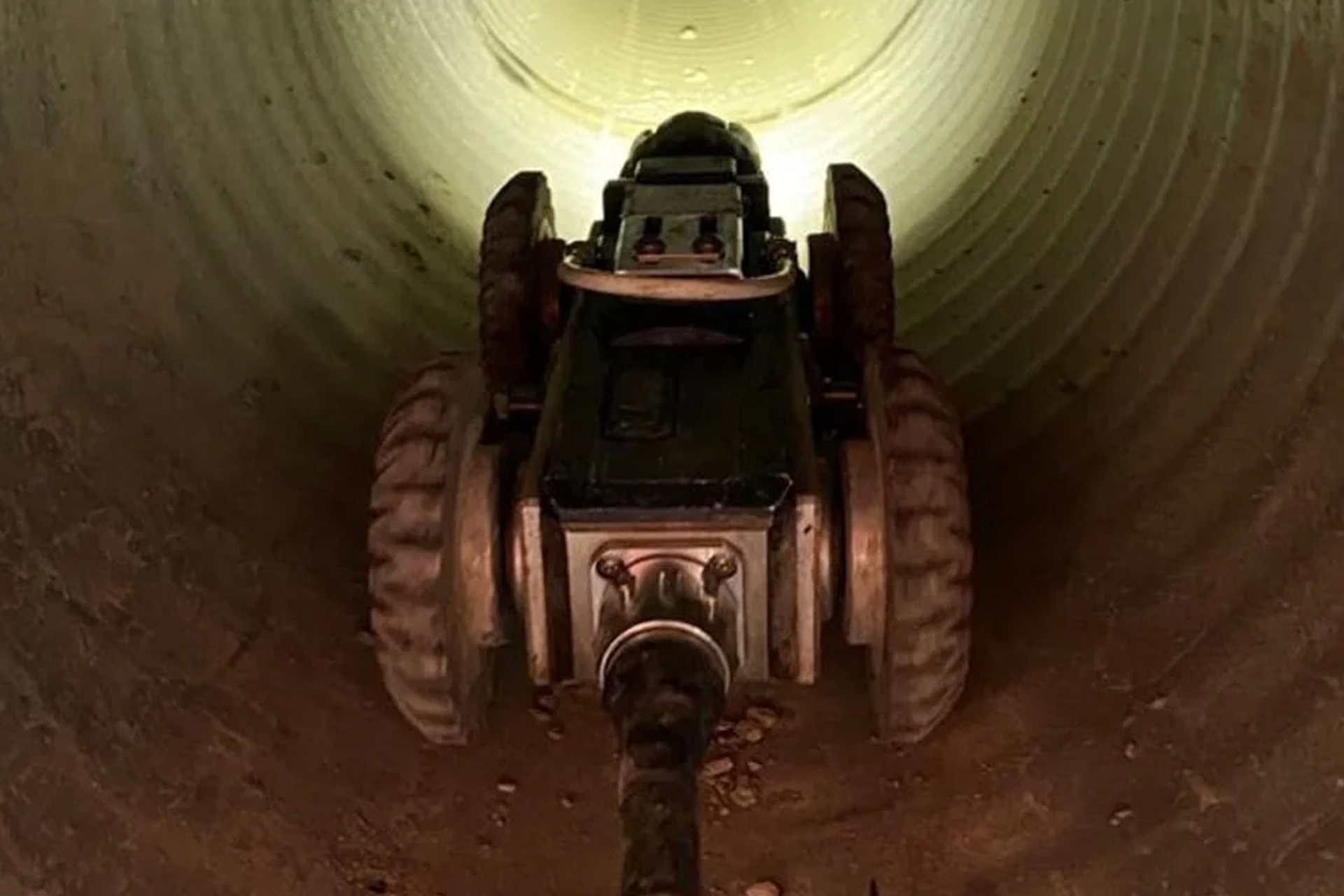How Reclaim Waste can Save You Time, Stress, and Money.
How Reclaim Waste can Save You Time, Stress, and Money.
Blog Article
The 8-Minute Rule for Reclaim Waste
Table of ContentsSome Ideas on Reclaim Waste You Should KnowReclaim Waste Fundamentals ExplainedHow Reclaim Waste can Save You Time, Stress, and Money.Excitement About Reclaim WasteThe 2-Minute Rule for Reclaim Waste
Check out the types, events, and types of fluid waste. Domestic sewage waste refers to the waste and items from a property septic tank. This kind of waste is developed by people in houses, institutions, and various other structures. This only consists of septic containers that have a drain field. The correct monitoring and disposal of domestic sewer waste need liquid waste to be moved to a sewer therapy plant where the correct approaches and equipment are used to detoxify and throw away waste.
Industrial waste usually consists of possible dangers, such as flammable materials or a blend of fluid and strong waste products, and calls for an advanced and comprehensive disposal procedure. The disposal of industrial waste commonly involves the filtering of waste before transportation to make sure secure and correct disposal. Industrial waste is produced from byproducts and overflow of industrial procedures and production.
This type of waste can not make use of the very same sewer management transportation or procedures as septic or industrial fluids. The hazardous waste administration procedure requires the inspection and testing of liquid waste before it goes through the disposal process (liquid waste disposal). Drainage waste is the fluid waste that originates from drainage and excess stormwater in very inhabited locations or cities
Overflow waste can cause contamination and flooding if not taken care of properly. Discover more concerning drain cleansing and waste management. Making certain correct waste administration can stop disasters and reduce environmental injury. Both individuals in domestic settings and professionals in commercial or manufacturing sectors can gain from comprehending the procedures and laws of fluid waste monitoring.
Our Reclaim Waste Diaries
Call PROS Providers today to find out about our waste monitoring and disposal solutions and the correct means to care for the liquid waste you produce.
(https://www.awwwards.com/reclaimwaste1/)Do you recognize what happens to your water when you end, flush the commode or drain the cleaning maker? No? Well, it deserves understanding. This supposed 'wastewater' is not only a vital source however, after therapy, will be released to our land, rivers or the ocean. Made use of water from toilets, showers, baths, kitchen sinks, laundries and industrial procedures is known as wastewater.

water made use of to cool equipment or clean plant and equipment). Stormwater, a kind of wastewater, is drainage that streams from farming and metropolitan locations such as roofing systems, parks, yards, roadways, courses and seamless gutters into stormwater drains pipes, after rain. Stormwater moves neglected directly to neighborhood creeks or rivers, eventually reaching the sea.
Some Ideas on Reclaim Waste You Should Know
In Queensland, many wastewater is treated at sewage therapy plants. Wastewater is carried from residential or commercial sites with a system of sewers and pump terminals, recognized as sewerage reticulation, to a sewage therapy plant. Local governments build, maintain and operate most sewer therapy plants. Operators are certified under the Environmental Security Act 1994 to discharge treated wastewater at an acceptable environmental criterion into rivers.
The Department of Natural Resources advises regional federal governments regarding handling, operating and keeping sewage systems and treatment plants. In unsewered areas, local federal governments might call for householders to install specific or household sewer therapy systems to treat domestic wastewater from toilets, kitchen areas, washrooms and washings. The Division of Natural Resources authorizes making use of family systems when they are shown to be reliable.
In some brand-new subdivisions, treatment of some stormwater to eliminate trash, sand and crushed rock has begun utilizing gross contaminant catches. Wastewater therapy occurs in four phases: Removes strong matter.
Wastewater then flows into large storage tanks where solids work out and are gotten rid of as sludge. Grease and scum are skimmed from the surface. Makes use of tiny living organisms referred to as micro-organisms to break down and remove remaining liquified wastes and great fragments. Micro-organisms and wastes are integrated in the sludge. Eliminates nitrogen and phosphorus nutrients that could create algal blossoms in our rivers and intimidate marine life.
9 Easy Facts About Reclaim Waste Shown
Nutrient elimination is not offered at all sewage treatment plants since it calls for costly specialist tools. Clear liquid effluent created after therapy might still have disease-causing micro-organisms - liquid waste disposal melbourne.

Many wastewater streams right into the sewage system. Under the Act, local federal governments provide approvals and licences for eco pertinent tasks (Periods) including wastewater releases that may have a local influence.
4 Simple Techniques For Reclaim Waste
Otherwise, examples are taken for laboratory evaluation. Commonly several examinations are required to establish the levels of each of the different toxins such as oils, hefty steels and chemicals in water. Surveillance gives valid information about water quality and can verify that licence problems are being met. The info gotten with surveillance supplies the basis for making water high quality decisions.
Report this page